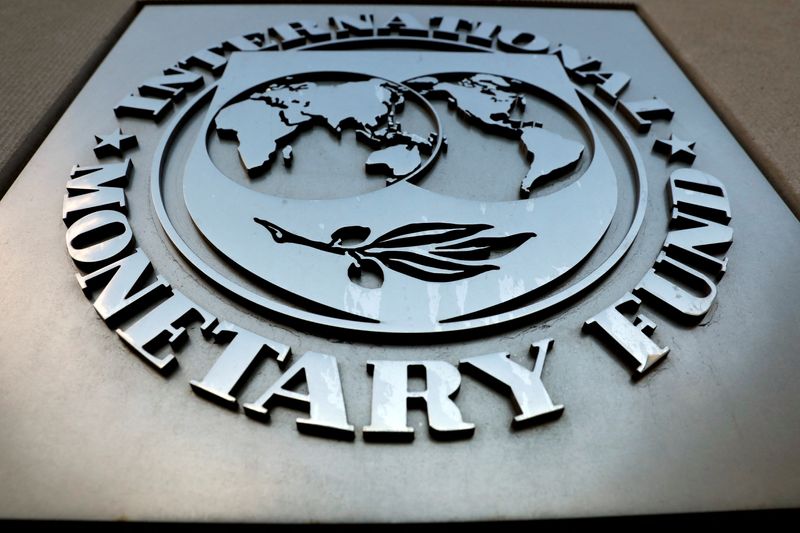By Leika Kihara
WASHINGTON (Reuters) - Most Asian central banks must tighten monetary policy further as rising commodity prices and their currencies' depreciation, driven by steady U.S. interest rate hikes, push inflation above their targets, the International Monetary Fund said on Thursday.
China and Japan are exceptions, where the economic recovery has been weaker, slack remains substantial and inflation has not risen as sharply as elsewhere, said Krishna Srinivasan, director of the IMF's Asia and Pacific Department.
Many Asian currencies depreciated "quite sharply" as U.S. monetary tightening led to widening interest rate differentials, helping push up import costs for the countries, he said.
"While our baseline is for inflation to have peaked by end-year, large exchange-rate depreciations could lead to higher inflation and greater persistence, particularly if global interest rates rise more forcefully, and require faster monetary policy tightening in Asia," Srinivasan said in a news conference during the IMF and World Bank annual meetings in Washington.
Large currency depreciations and rising interest rates could also trigger financial stress in Asian countries with high debt, Srinivasan said.
"Asia is now the largest debtor in the world besides being the biggest saver, and several countries are at high risk of debt distress," he said.

Most of the rise in Asia's debt is concentrated in China, but also seen in other economies, Sanjaya Panth, deputy director of the IMF's Asia and Pacific Department, told Reuters in an interview on Thursday.
"Some form of market stress cannot be ruled out. But the relatively strong position of many economies gives us comfort," he said, pointing to their low levels of external debt, higher reserves and resilient financial systems.